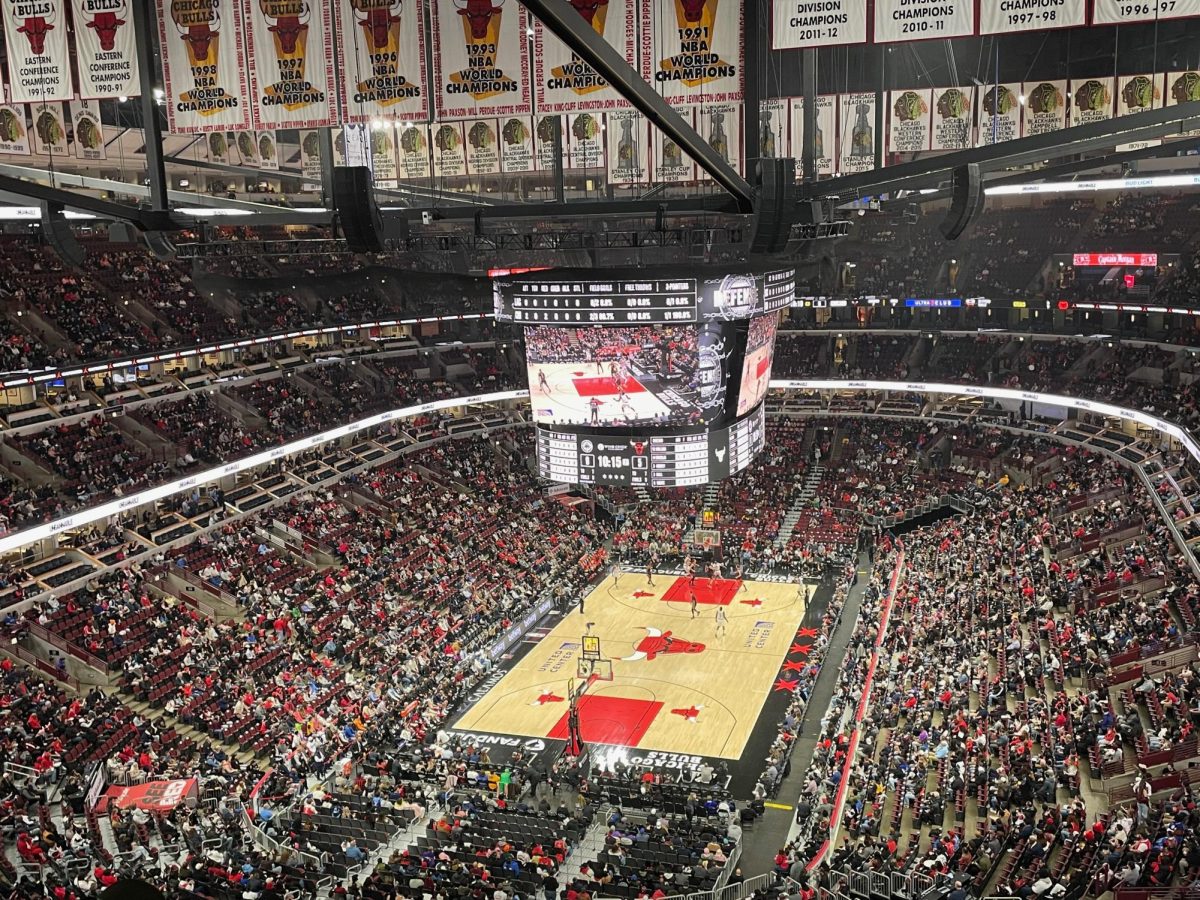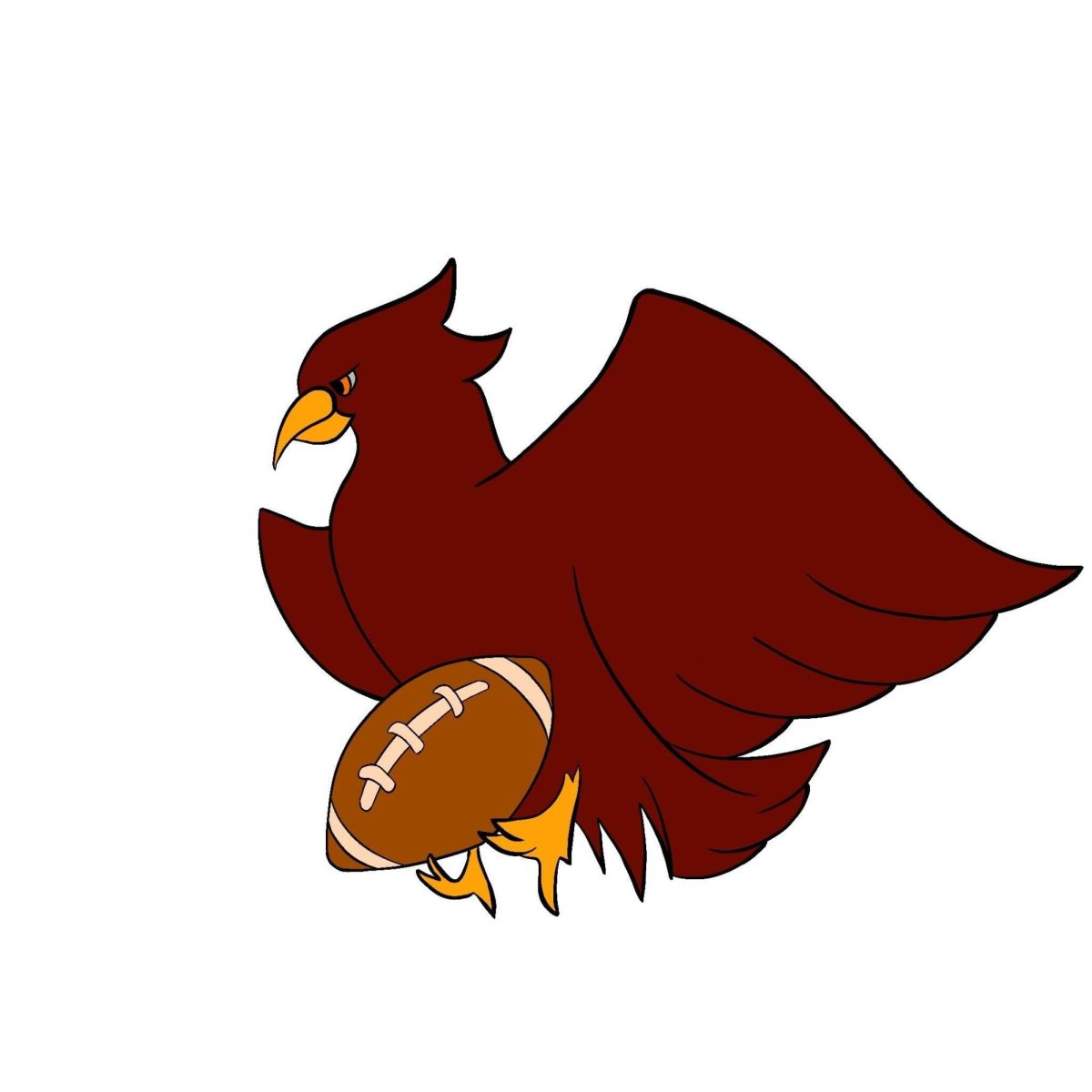Women’s soccer has practiced every day for the past 11 weeks to get to this point. They’ve navigated the bumps in the road, the highs and lows—from early-season euphoria, through the midseason slide, and finally, a magnificent renaissance culminating in a conquest of perennial foe Wash U.
If this sounds like hyperbole, blame the embellishment afforded by hindsight and a jittery buildup of anticipation throughout the past week.
But how else to describe the roller-coaster ride of the NCAA tournament? Each match is a test of the team’s mettle, and each game could be the team’s last. There are no stalemates, no pauses for breath—60 teams will try to stake their claim to the D-III throne, and 59 teams will fail. The postseason is a whole new ball game, with a higher standard of play and a greater recognition for the urgent need to win each game.
“The postseason is a do-or-die situation, so every second counts to an even greater extent than in the regular season or the UAA,” third-year midfielder Siggy Nachtergaele said.
The first hurdle for the Maroons (11–4–3, 4–1–2 UAA) is Aurora (19–2–1), and Saturday’s match marks the fourth postseason appearance in five years for women’s soccer. Under head coach Amy Reifert, the program has crafted successful runs, peaking in two final four appearances. In 2003, the Maroons reached the championship game, where they lost 2–1 in overtime to Oneonta State, and in 2005 the squad was halted in the semifinals by Messiah, who also took the game 2–1 in overtime.
The 2005 team featured 13 seniors, compared to five this season, but in lieu of a strong veteran presence, the Maroons are counting on the experiences accumulated throughout the course of the season to carry them through. Preserving their late season form will be the key to success, at least in the early rounds of the tournament.
“We have indirectly spent the last few weeks preparing for the tournament just by playing each game knowing we had to win in order to make the postseason,” fourth-year forward Christine Farmer said. “Right now our level of concentration is high, and I think we’re all just chomping at the bit to get back onto the field.”
Aurora arrives at Stagg Field tomorrow having swept its conference. Winless through their first three games of the season, the Spartans rebounded with 19 straight victories, outscoring their opponents 77–14 in the process. Leading the team with 42 points (16 goals, 6 assists) is second-year forward Jessica Novickas, who forms a dangerous attacking tandem with third-year Allison Bailey.
The two teams last met in the first round of the 2005 tournament, where the South Siders bagged a 4–0 blowout victory. Should Chicago prevail again tomorrow, it will face the winner of the other bracket match between UW–Stevens Point and St. Benedict on Sunday. Stevens Point edged out the Maroons 2–1 at Stagg previously this season, while St. Benedict finished a strong regular season as runner-up in their conference.
All three games this weekend, regardless of the Maroons’ participation, will be played at Stagg Field. Chicago is no stranger to hosting its regional bracket, but the home field advantage is by no means a security blanket.
“It will feel different. It will be different—we’ll only have 22 players dressed and on the bench when we’re used to having 27,” Reifert said. “But once the whistle blows and we’re in our white uniforms, playing on our home field, in front of a home crowd…any team would enjoy that advantage.”
One of the tenets of postseason competition, aside from the restricted rosters, is the narrow focus teams must take—coaches channel all their attention to their immediate opponent in order to succeed on a game-by-game basis. Still, there are some aspects of the Maroons’ regular season performances that the team will try to transfer to its tournament play.
“For us, it’s about winning 50–50 balls, and being the hardest-working team on the field. It’s doing the little things and giving yourself a chance to compete in every game,” Reifert said.
Success may come as a team effort, but players, too, seek to make individual improvements that will help give their team an edge on the field.
“Something as simple as a dynamic first touch or the timing of a run are 10 times as important as the competition gets stronger in the postseason,” Nachtergaele said.
Should the team emerge victorious from the weekend bracket, the field of opponents narrows, making the task drastically more difficult. Running the gamut from national powerhouses to plucky underdogs, the field of competition will present tough challengers all around, but the Maroons know that to become the best, they will first have to beat the best.
“In terms of expectations, I think we have set the bar as high as possible, because we know that we can compete with Wheaton, who was the national champion last year, so there’s no reason to think we couldn’t accomplish the same feat this time around,” Farmer said.








